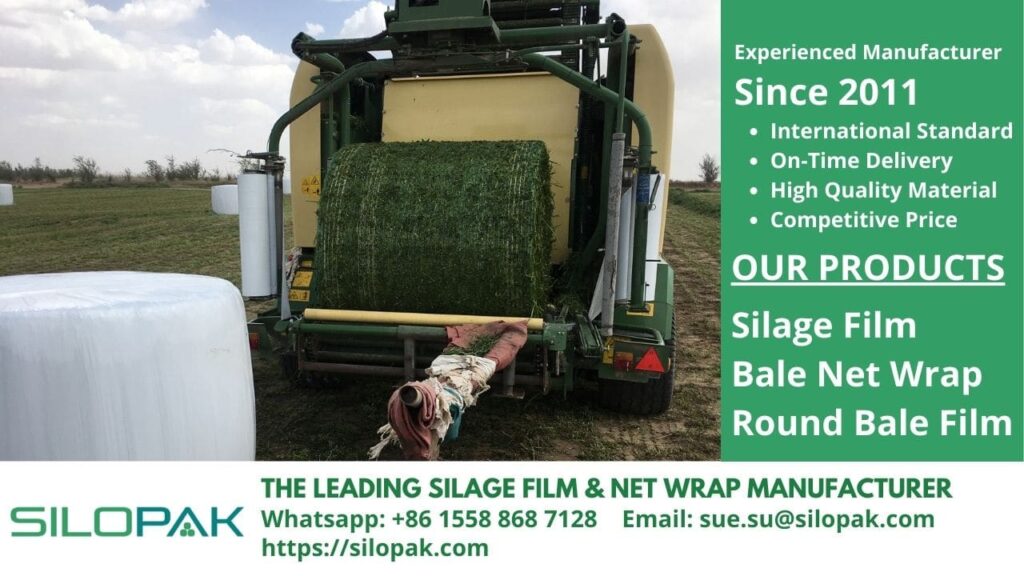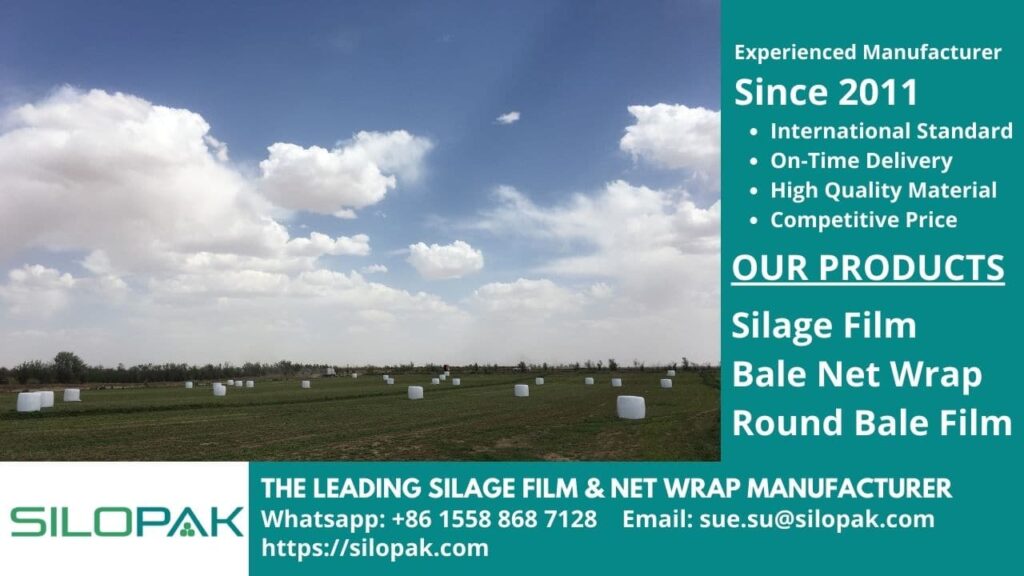
There might come a day when you ask yourself one of the most important questions in agriculture in the form of, “What is grass hay?” And this precious little question will unlock a host of new experiences for you to implement in your life, especially when you are thinking about going into the whole husbandry thing. But it is a bit difficult to come up with an answer to this question without first covering the bases. After all, the key to discovering it lies right in the name. So, it stands to reason that we should dissect the term beforehand.
On What Hay Is
The specific meaning of grass hay can be broken down based on the constituting words: grass and hay. We should go at the hay part first. Generally speaking, hay is a term that refers to cut and dried plants stored as animal fodder. Such plants that can be treated this way include legumes as well as other herbaceous plants.
The stored plants are used to feed grazing animals of larger size, raised as livestock. Examples include sheep, horses, goats, and cattle. However, it can also be used as fodder for smaller-sized domesticated animals like guinea pigs and rabbits. On the other hand, Pigs aren’t likely to digest hay as efficiently as herbivores, but they can still be fed with hay.
The presence of hay is of great help, especially when a farmer does not possess wider rangeland or pasture is limited in width. This limitation makes it impossible for grazing animals to forage, so the constant supplies of fodder can be an alternative. Hay is also helpful if the weather does not allow for grazing, like when it’s wintertime.
Other reasons for using hay include the possibility of the pasture being just too lush, making it all too rich for the animals’ health, and that the animals are kept in a barn or a stable. The availability of ready-to-feed fodder such as grass hay to be used in one of the conditions above could be a lifesaver for a farmer and the animals alike.
How Grass Hay Is Different
Now, hay can be grouped based on the different compositions making it up. Hence, grass hay would mean that said hay is made up primarily of grass materials. Yes, simple as that; there’s nothing complicated about the term. However, stopping right at that point alone is not wise as other things are factoring into the making of hay.
Although grass is the major component constituting hay, it’s not the only thing found there. Hay is a mixture of a lot of things. Also, not all grasses can be made into hay. Common grass types used in producing hay include orchard grass, Bermuda grass, fescue, brome, timothy, or ryegrass.
Other grass types can also be used, but it depends on the region where the husbandry is established. All of these grasses would be mixed with legumes like alfalfa or clovers. However, legumes that are to be used in this way must be cut before they bloom for ideal application.

The Ultimate Challenge for Haymaking
Weather conditions are a great aspect to take into account when it comes to the production of grass hay. During the dry season, grass leaves and seeds don’t format their best condition. This results in coarser stems that don’t give anything to the animals, nutrients-wise. Weather that is too wet will cause the hay to spoil before it can be harvested.
The fluctuating weather conditions, so far, have been one of the greatest challenges for haymaking processes. If the hay is too wet when cut, rot and mold may develop. If this hay is fed to the animals, they can get a disease from it. Thus, it is of utter importance for the farmer to make sure that the hay stays dry from harvesting to storing as rot and mold will greatly diminish the nutritional values of said hay.
Based on its significance in raising livestock and how sensitive grass hay can be, Silopak stands as a major provider of supplies of hay packaging. We strive to offer customers only the best of products to help ensure the freshness of the grass hay to be fed to your cattle. Don’t hesitate to send us any kind of questions regarding our products.
